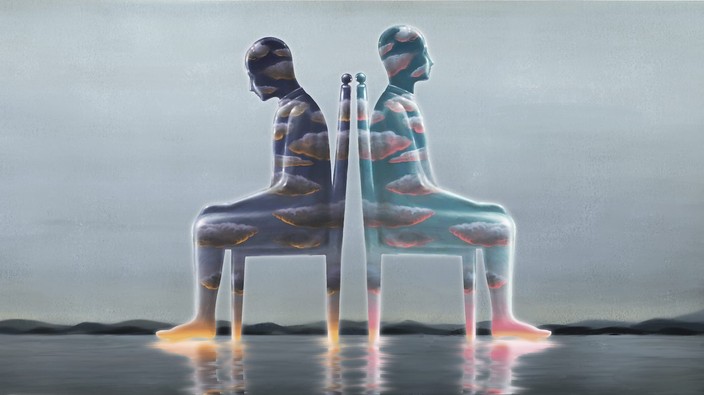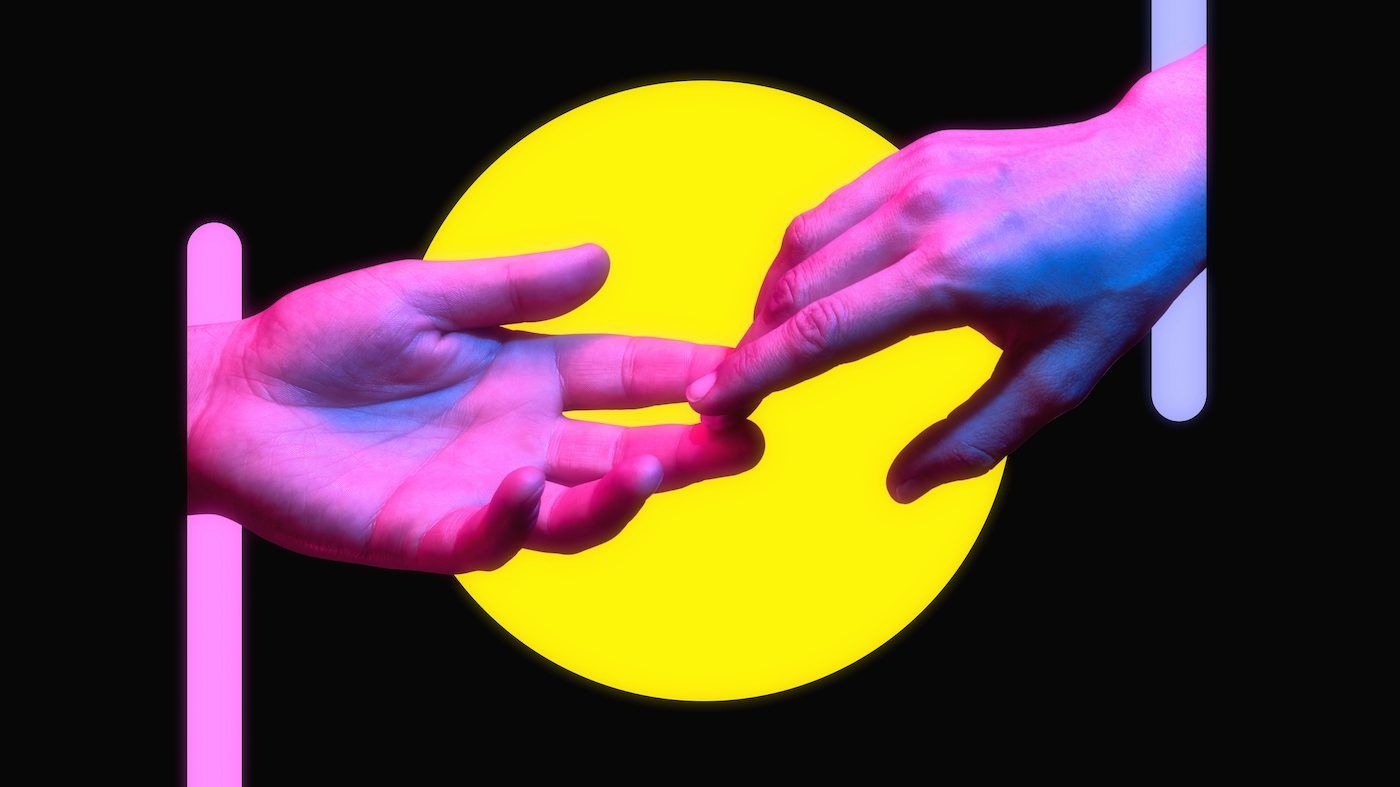day treatment programs. to provide support and counselling. cognitive behaviour therapy and interpersonal therapy have both proven effective.
substance abuse treatment. as bipolar disorder makes people more likely to abuse alcohol and drugs, treating any underlying addictions if they are present is a vital part of the process.
hospitalization: may be required for more severe forms of the disorder, particularly if a patient is behaving dangerously. a hospital can provide a safe setting until symptoms are stabilized.
preventing bipolar disorder
bipolar disorder can’t be prevented,
according to myhealth alberta, because experts still aren’t sure exactly what causes it. the condition is believed to contain a genetic component, however, because a person’s risk of diagnosis increases if they have a family member who has also been diagnosed.
how many canadians have bipolar disorder?
just over two per cent of canadians will experience bipolar disorder at some point in their lives,
according to the canadian psychological association. the condition, which affects men and women equally, usually starts in late adolescence but can begin in childhood. bipolar disorder is considered a recurrent condition, meaning one episode is likely to be followed by others at some point in the future.
 4 minute read
4 minute read








